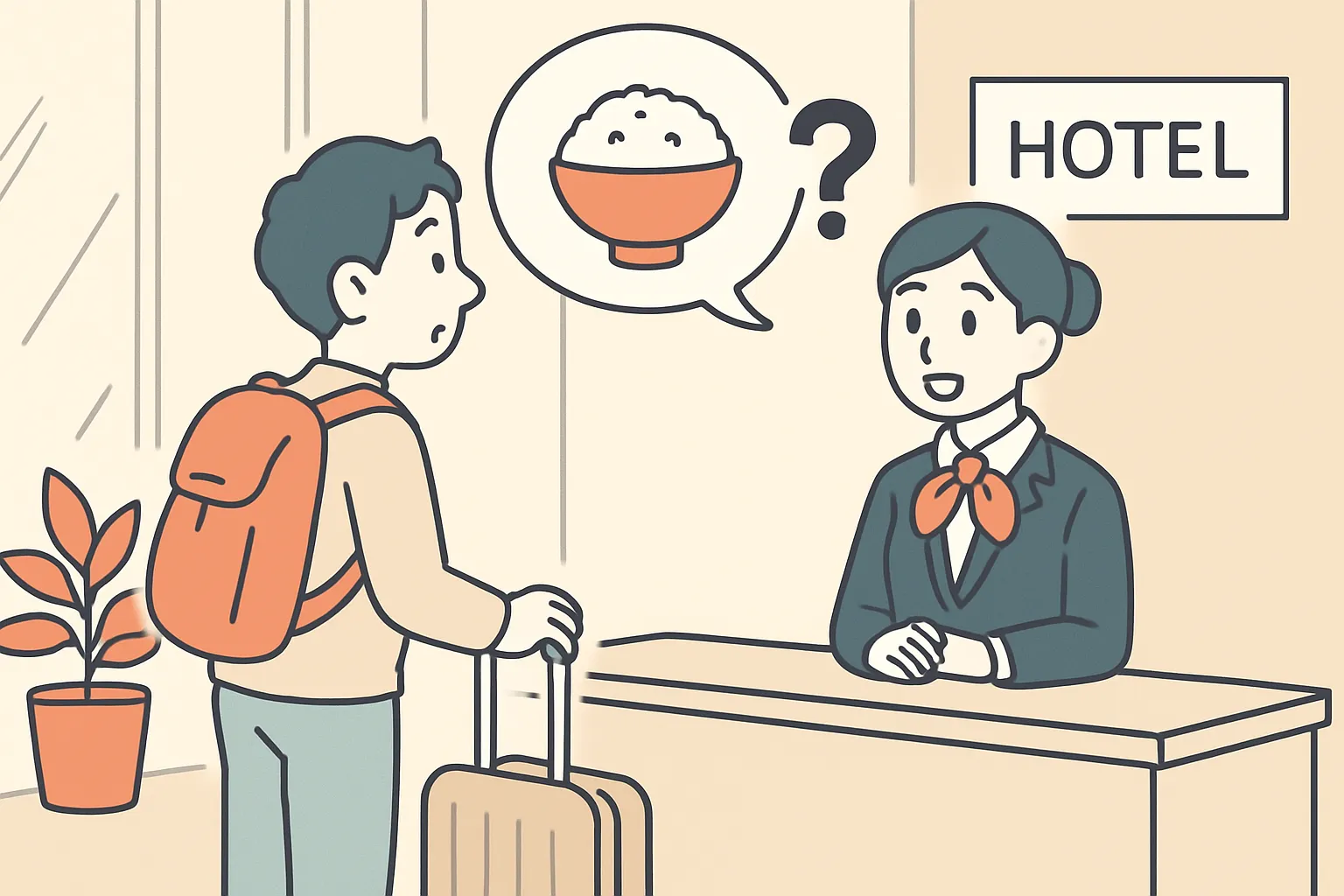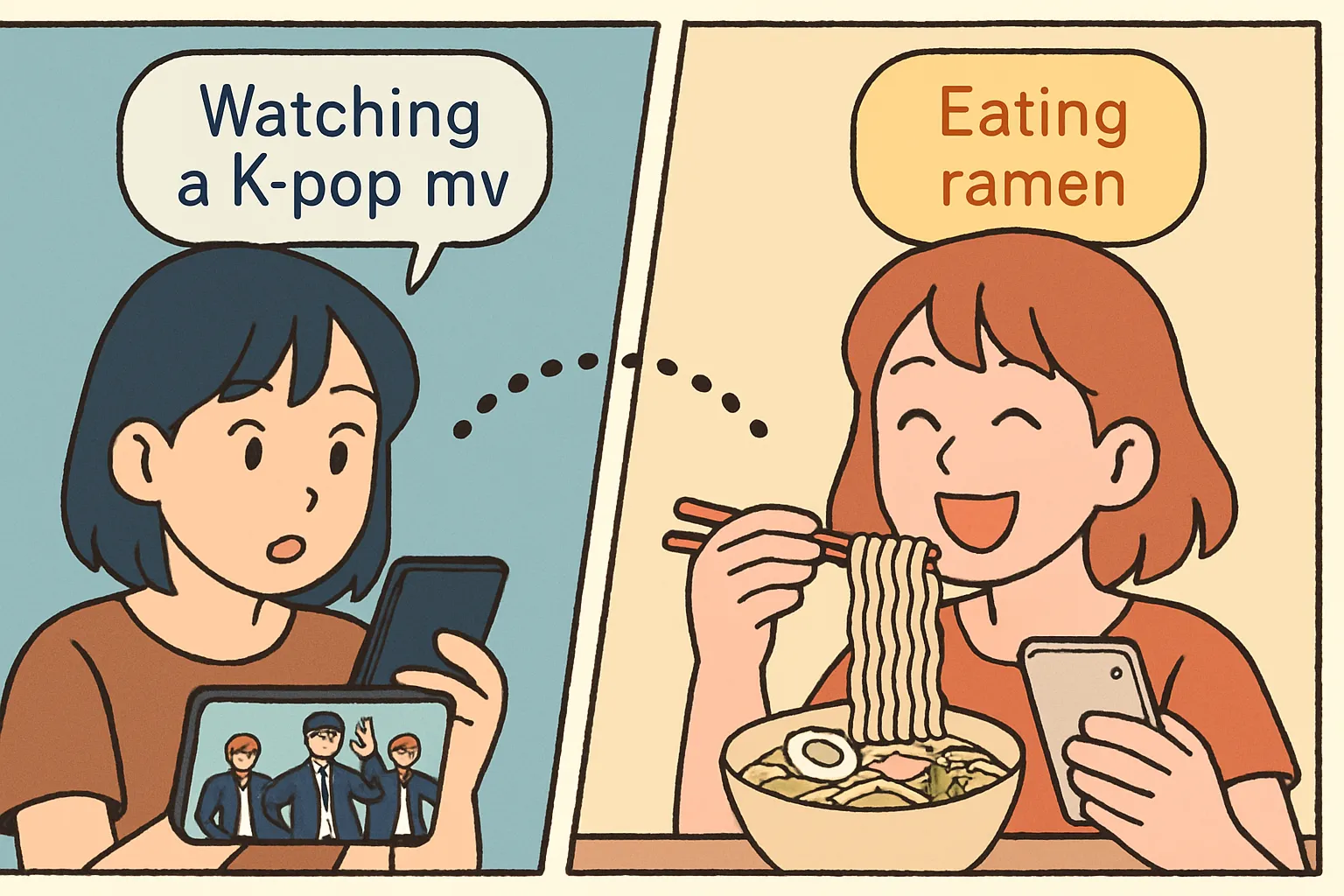Beyond the 12 Steps: Unearthing Addiction’s Psychological Roots in Korean
Hello! Welcome back to [Maeil Hangeul], your guide to upgrading your Korean proficiency!
Today, we’re venturing into a sophisticated and profound topic: the psychoanalytic perspective on addiction. This isn’t just about memorizing words; it’s about understanding the deep psychological conversations happening in modern Korea. Recently, there’s been a significant cultural shift in Korea towards discussing mental wellness and the complex roots of human behavior. So, if you want to engage in deep, meaningful conversations beyond the surface level, understanding these concepts is essential. Let’s explore the “why” behind addiction, moving beyond simple labels.
Core Expressions You Need to Know
Here are the key terms that will unlock a deeper level of discussion on this topic.
1. 심리역동 (心理力動)
- Pronunciation [Romanization]: Simni-yeokdong
- English Meaning: Psychodynamics
- Detailed Explanation: This is the foundational concept of psychoanalysis. It refers to the intricate interplay of conscious and unconscious forces within the human mind that shape personality and behavior. A psychodynamic approach to addiction doesn’t just look at the addictive behavior itself; it seeks to understand the hidden emotional drivers, often stemming from early life experiences, that fuel the addiction. It’s about the “dynamics” of the “psyche.”
- 💡 Pronunciation Tip: The pronunciation of 역동 is key. When the final consonant ‘ㄱ’ (k) in ‘역’ is followed by the initial consonant ‘ㄷ’ (d) in ‘동’, the ‘ㄷ’ sound becomes tensed. This phenomenon is called 된소리되기 (tensing). So, instead of a soft ‘yeok-dong’, it’s pronounced more forcefully as [심니역똥, simni-yeokttong]. This subtle change makes your pronunciation sound much more natural.
2. 방어기제 (防禦機制)
- Pronunciation [Romanization]: Bang-eo gije
- English Meaning: Defense Mechanism
- Detailed Explanation: This term refers to the unconscious psychological strategies the ego employs to cope with anxiety and to manage unacceptable thoughts or feelings. In the context of addiction, common defense mechanisms include 부인 (buin – denial), where the person refuses to acknowledge the reality of their problem, and 합리화 (hamnihwa – rationalization), where they create logical-sounding excuses for their behavior. Recognizing these is crucial in psychotherapeutic analysis.
- 💡 Pronunciation Tip: Notice the final ‘ㅇ’ (ng) in 방. This is a nasal sound made at the back of your throat, distinct from the silent ‘ㅇ’ that starts a syllable (like in ‘어’). Ensure you produce a clear, resonant [ng] sound, as in the English word “singing.”
3. 근원적 갈등 (根源的 葛藤)
- Pronunciation [Romanization]: Geunwonjeok galdeung
- English Meaning: Root/Core Conflict
- Detailed Explanation: This is the heart of the psychodynamic viewpoint. It posits that problematic symptoms, such as addiction, are not the problem in themselves but are manifestations of a deeper, unresolved conflict. This ‘root conflict’ is often unconscious and typically originates from unmet needs, trauma, or complex relationships in childhood. Therapy aims to bring this conflict to light and resolve it.
- 💡 Pronunciation Tip: Pay attention to 갈등. Similar to our first example, the ‘ㄹ’ (l) at the end of ‘갈’ influences the following ‘ㄷ’ (d), causing it to tense into a [ㄸ] (tt) sound. Therefore, it is pronounced [갈뜽, galttung]. This is another classic example of 된소리되기 (tensing).
4. 12단계 프로그램 (12段階 프로그램)
- Pronunciation [Romanization]: Sibi-dangye peurogeuraem
- English Meaning: 12-Step Program
- Detailed Explanation: This refers to the model used by mutual-aid fellowships like Alcoholics Anonymous (익명의 알코올 중독자들). It’s important to know this as a point of comparison. While the psychodynamic approach is analytical and introspective, the 12-step program is action-oriented and community-based. It emphasizes admitting powerlessness, seeking help from a “higher power,” and providing mutual support through shared experience, rather than analyzing the psychological origins of the addiction.
- 💡 Pronunciation Tip: In 12단계, the number 12 is read using the Sino-Korean system as ‘십이’ [sibi]. The pronunciation is straightforward, but it’s a great example of how numbers are integrated into Korean phrases.
Example Dialogue
Here’s how these terms might appear in a conversation between a psychology professor (교수님) and a graduate student (대학원생).
- A (대학원생): 교수님, 최근 인기 드라마 속 인물이 겪는 중독 문제를 분석하는 과제를 하고 있습니다. 12단계 프로그램의 관점도 흥미롭지만, 저는 그 행동의 더 깊은 원인을 탐구하고 싶습니다.
(Professor, I’m working on an assignment analyzing the addiction issues of a character in a recent hit drama. While the perspective of a 12-step program is interesting, I want to explore the deeper causes of the behavior.) -
B (교수님): 아주 좋은 접근 방식이네요. 그렇다면 심리역동 이론을 적용해서, 그 인물이 무의식적으로 사용하는 방어기제가 무엇인지, 그리고 그 기저에 어떤 근원적 갈등이 숨어 있는지 분석해 보세요. 아마 어린 시절의 경험과 깊은 관련이 있을 겁니다.
(That’s an excellent approach. In that case, try applying psychodynamic theory to analyze what defense mechanisms the character is using unconsciously, and what root conflict is hidden at the core. You’ll likely find it’s deeply connected to their childhood experiences.)
Culture Tip & Trend Analysis
From Stigma to Self-Reflection: The New Korean Psyche
For decades in Korea, addiction was heavily stigmatized and often viewed as a moral failure or a lack of willpower. However, there’s a powerful cultural shift underway, especially among the MZ Generation.
Today, there is an explosion of Korean media—webtoons, dramas, and even variety shows—that openly explore complex psychological concepts. Characters are no longer just “good” or “evil”; they are complex individuals shaped by trauma, family dynamics, and unconscious drives. This has made terms like 방어기제 (defense mechanism) and 트라우마 (trauma) part of everyday conversation.
While group-based models like the 12단계 프로그램 exist and are effective for many, the 심리역동적 approach, which honors the individual’s unique history and seeks the 근원적 갈등, resonates deeply with the current cultural emphasis on “힐링 (healing)” and self-discovery. Understanding this perspective shows you’re not just learning Korean; you’re in tune with the very soul of modern Korean society.
Let’s Review & Practice!
We’ve covered some very advanced but crucial concepts today, distinguishing between the psychodynamic search for the “why” (근원적 갈등) and the 12-step program’s focus on the “how” of recovery.
Now, let’s test your understanding!
- Fill in the blank:
A person who constantly makes excuses for their drinking, saying “I only drink to socialize,” might be using the ( ) defense mechanism.
(Hint: The Korean word for ‘rationalization’ is 합리화.) -
Short Answer: In your own words, what is the main difference between a 심리역동적 approach and a 12단계 프로그램 when addressing addiction?
We’d love to see your thoughts and answers! Try using one of today’s key expressions to leave a comment below. Keep up the fantastic work






